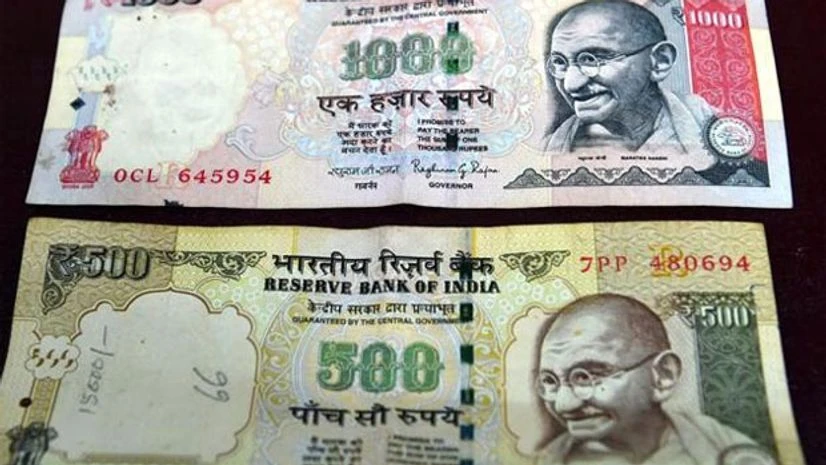With about Rs 8.45 lakh crore worth of scrapped Rs 500 and Rs 1,000 banknotes deposited in bank accounts across India over 20 days from Prime Minister Narendra Modi’s demonetisation announcement on November 8, banks are plush with cash and depositing it with the Reserve Bank of India (RBI). And RBI has been supplying banks newly printed Rs 500 and Rs 2,000 notes, besides other valid currency notes, to meet the demand of people queueing up at banks and ATMs for cash.
But, what will RBI now do with the humongous stock of scrapped currency notes? It has already chalked out a plan. Even as sorting, verification and shredding of banned notes are underway at multiple centres of the central bank, a Kerala-based plywood company has received the contract to pulp these notes. The company has already accepted tonnes of currency notes over the past three weeks.
An Economic Times report quoted P K Mayan Mohamed, managing director of Western India Plywood (WIPL) as saying that the plywood company had received “over 140 tonnes of Rs 500 and Rs 1,000 notes for pulping over the past three weeks”.
According to several media reports, before the announcement of the move that Rs 500 and Rs 1,000 notes would cease to be legal tender from the midnight of November 8, RBI had already started the preparation to deal with the scrapped currency notes and begun sending shredded Rs 500 and Rs 1,000 currency notes to pulping companies for trial.
“They (RBI) gave us a trial mandate with some 10-15 bags of shredded soiled notes; we turned that into usable pulp in a jiffy. Convinced with our processes they retained us... but we had no wind of what was coming,” the ET report quoted Mohamed as saying.
Also Read
The report further stated that WIPL had agreed to take about 40 tonnes of banned notes per week at Rs 250 a tonne.
Now, the compound of the company is said to be stocked with shredded currency notes. These notes are coupled with wood chips in the ratio of 7:100 – that is, for every 100 kg of pulp compound pressed, 7 kg is shredded notes – before turning the pile into press.
This pulp will be converted into briquettes or compressed blocks or office stationery like calendars, paper weights, files and boards, according to an NDTV report. Next, the briquettes will be sold for industrial use via tenders and each kilo is expected to fetch about Rs 5-6. They are used for making fire-up furnaces and soft boards.
It is a positive and environmental-friendly change by the RBI, which has withdrawn from its earlier practice of incineration.
The Mumbai Mirror quoted an unnamed officer as saying that this was the first time that RBI was faced with such a challenge. The report also added that RBI branches were checking for counterfeit currency before shredding the notes.
At present, banks are sending the old notes to RBI branches in neat stacks and bundles. The apex bank has around 40 verifying and shredding machines, imported from Japan and Germany, at 19 locations across the country. These can destroy 250,000 notes in an hour.

)
